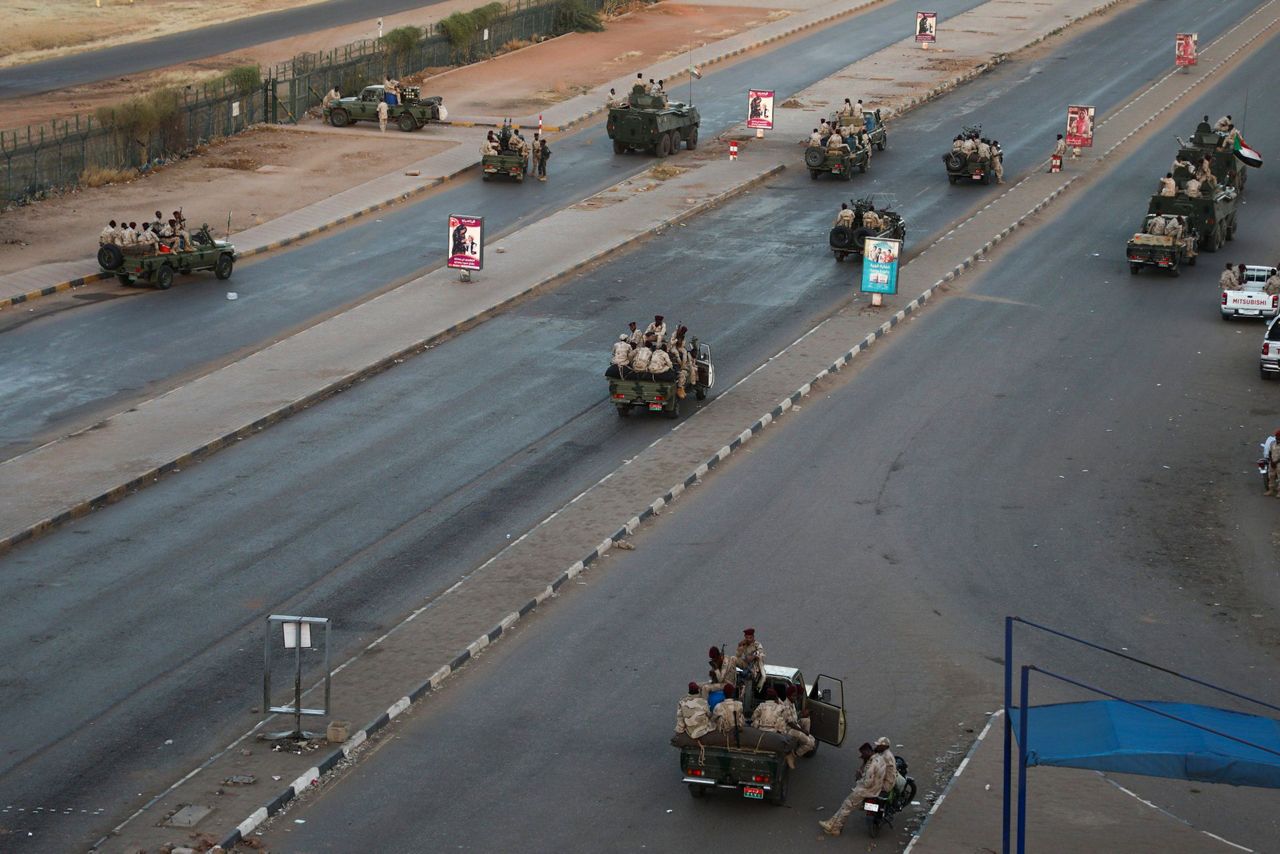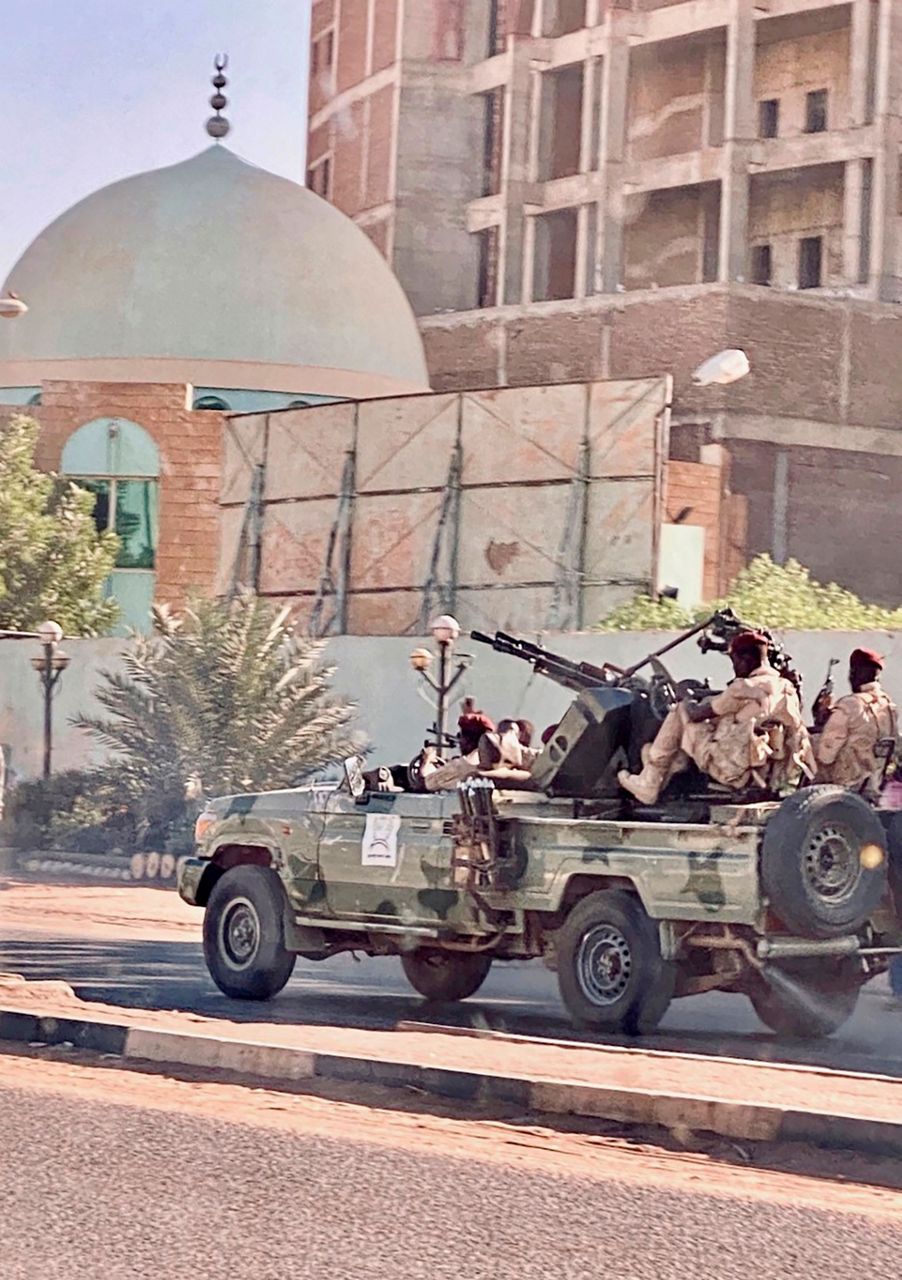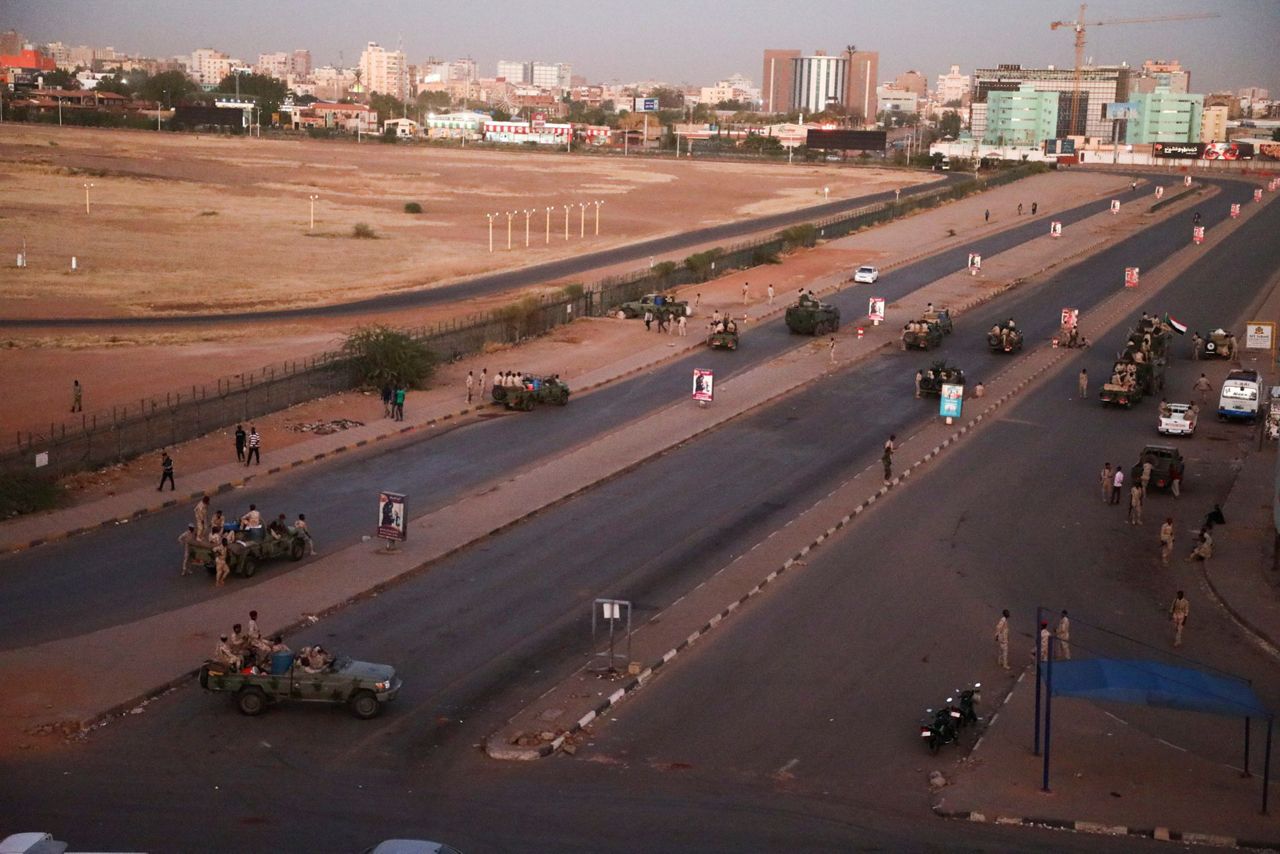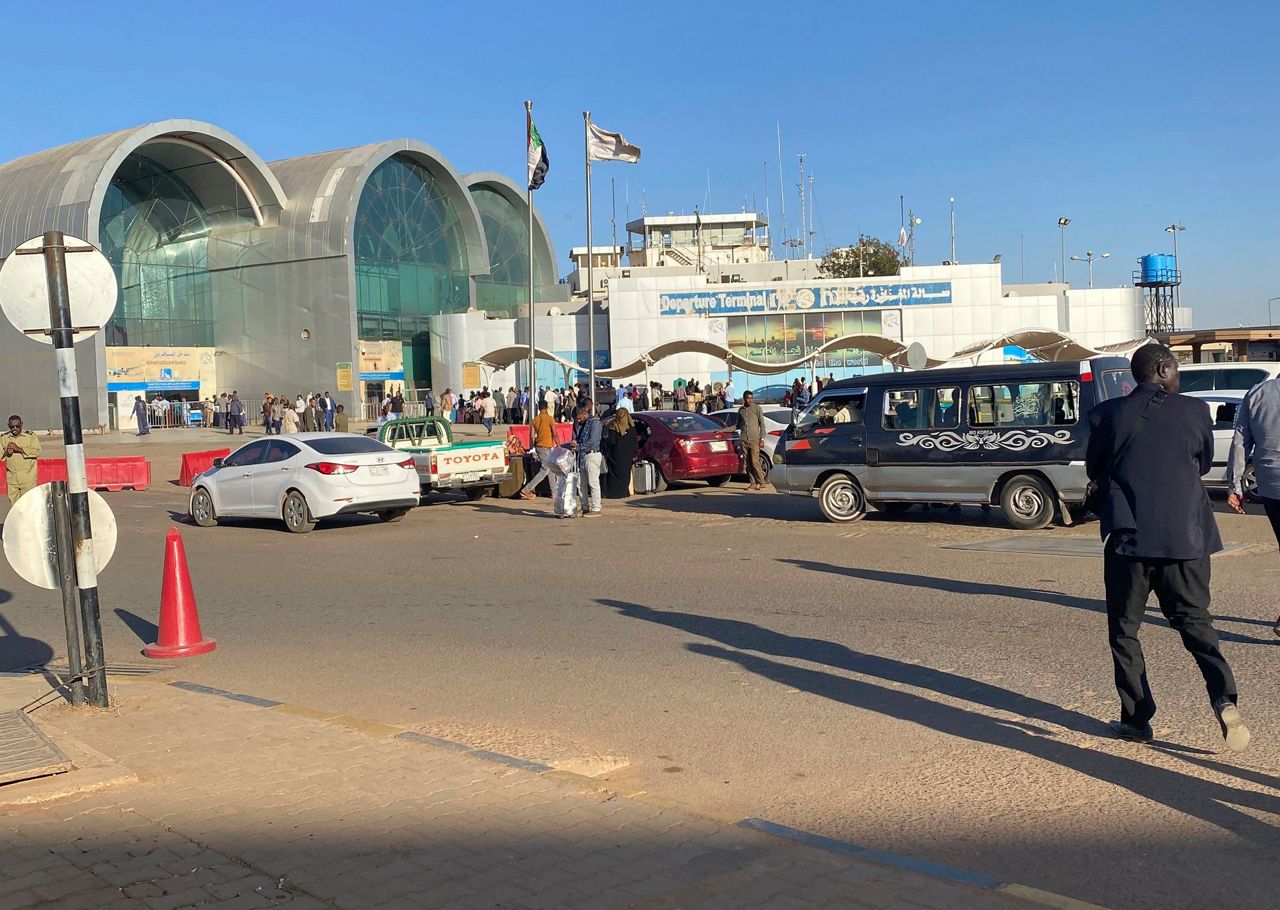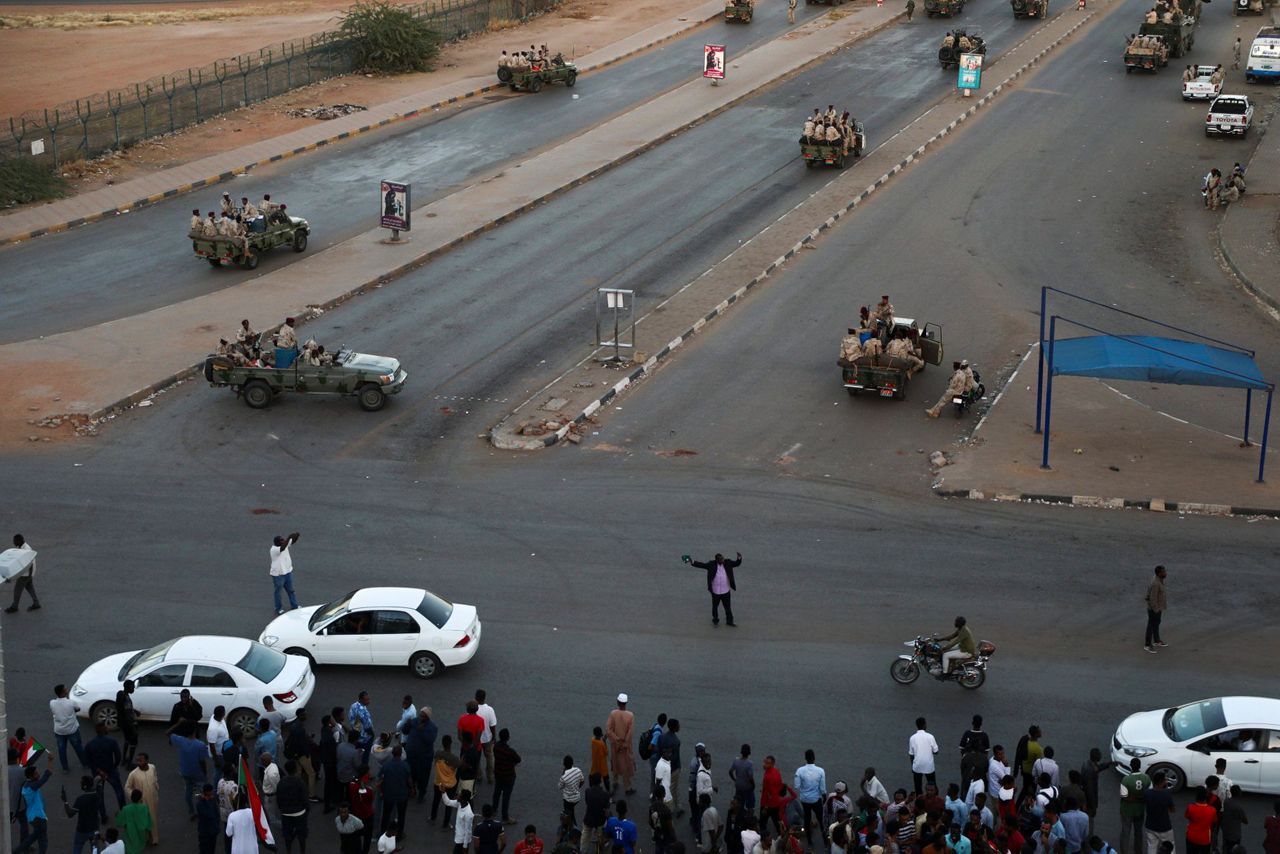CAIRO (AP) — The prime minister of Sudan’s transitional government sought to reassure his jittery country on Tuesday after quelling a brief armed mutiny from within the state’s security apparatus.
Sudan's intelligence agency said rogue officers fired live rounds into the air to express “their objections” to what they considered unfair severance pay and to demand better financial compensation. The statement on Twitter said the dispute was related to the reorganization of the country's security apparatus amid an ongoing transitional period.
The burst of unrest highlighted the fragility of Sudan's path to democracy. A sweeping protest movement ousted longtime autocratic President Omar al-Bashir in April, and led to the creation of a joint military-civilian government. It's pledged to hold elections in three years.
In order to revive the country’s battered economy, the transitional government is looking to slash military spending by making peace with various rebel groups and reorganizing its security forces.
“The events that occurred today are under control,” tweeted Prime Minister Abdallah Hamdok, a former World Bank economist. “We renew our confidence in the armed forces to contain the situation.”
Gunfire erupted in the streets of the capital, Khartoum, and the western city of Obeid, according to the country's information minister, Faisal Mohamed Salah. In a televised address, he called on “rebellious forces” to hand over their weapons.
There were no reports of casualties among security forces or civilians, Salah added.
As Khartoum's international airport was shut down and videos on social media showed security units out in force across the city, Hamdok promised the government would honor the “goals of the revolution.”
The Sudanese Professionals Association, a protest group that spearheaded the uprising against al-Bashir, urged people to stay indoors until the disturbance was settled. The group said it rejected “any attempt to foment chaos, intimidate citizens and deploy weapons,” and demanded immediate state intervention.
Later Tuesday, the powerful deputy chief of Sudan's ruling Sovereign Council held a hastily convened press conference to address the unrest. Gen. Mohammed Hamdan Dagalo said he blamed the head of the intelligence service for failing to confiscate dismissed officers's weapons and deliver their severance pay on time.
Dagalo is a commander from Darfur whose paramilitary units, known as the Rapid Support Forces, have spent years suppressing insurgencies. The brutal campaigns have drawn accusations of war crimes.
Peace negotiations with rebel groups in Sudan’s far-flung, restive provinces have made only halting progress. But in a major symbolic step, Hamdok embarked on a peace mission with U.N. officials to a rebel stronghold last week.
It was unclear how Tuesday's dispute over pay would affect the reorganization of forces or the peace negotiations.
Hamdok had said last summer that the government hopes for a “peace dividend” that would bring the military budget down from 70-80% of state spending to no more than 20%, with the rest devoted to economic development.
Copyright 2020 The Associated Press. All rights reserved. This material may not be published, broadcast, rewritten or redistributed.



